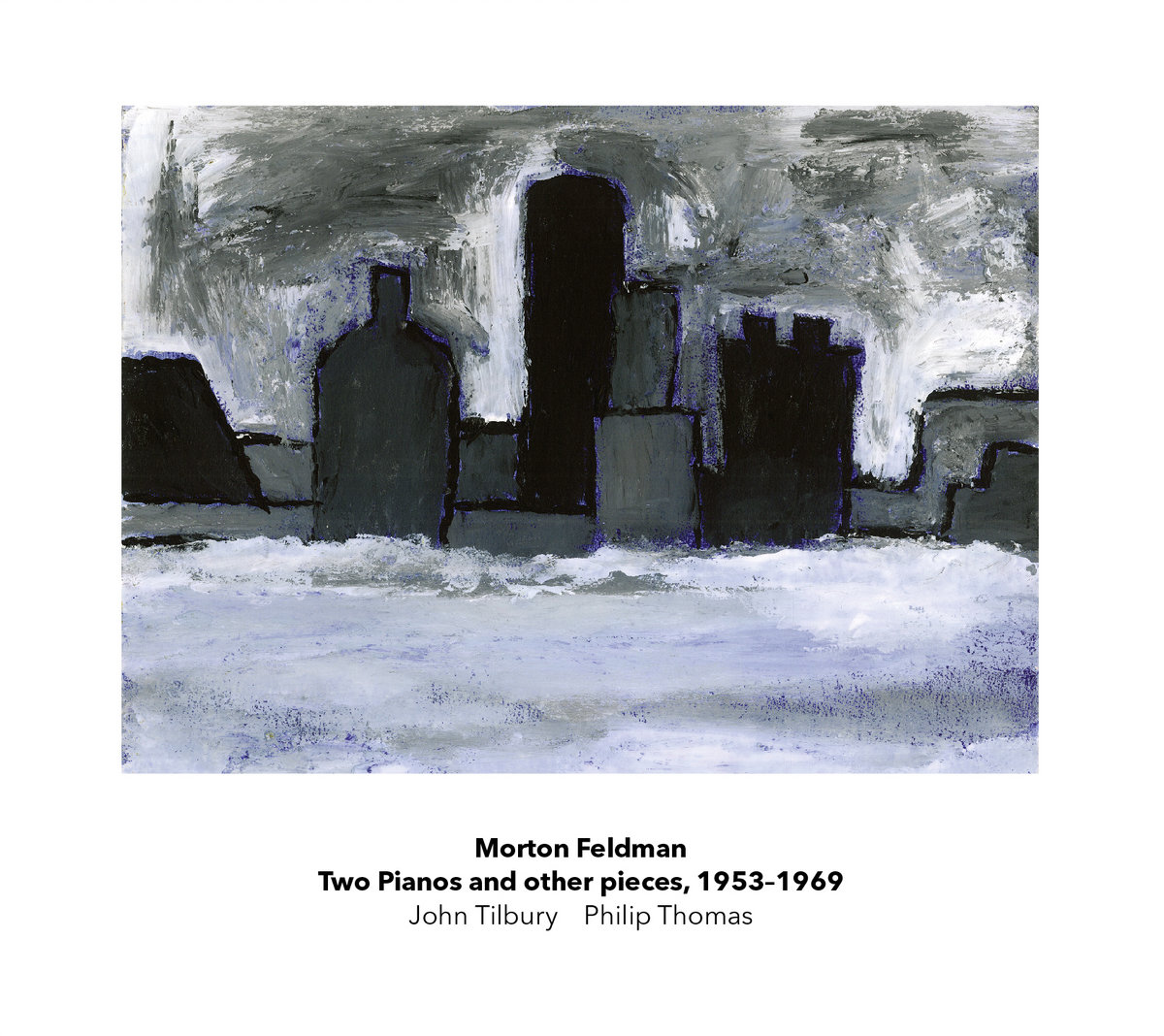Originally posted by richardfinegold
View Post
 ......I would again recommend the Gottfried for this....an amazing, shattering record in whatever wise you take it.... heard complete, the B Minor Symphony is a pretty demanding piece, even rather exhausting emotionally, akin to a Bruckner Symphony. Very bold, very new.
......I would again recommend the Gottfried for this....an amazing, shattering record in whatever wise you take it.... heard complete, the B Minor Symphony is a pretty demanding piece, even rather exhausting emotionally, akin to a Bruckner Symphony. Very bold, very new. Also, probably best approached initially from the POV of the 6th and 7th Symphonies, rather than looking back from the vast scale of the great C Major, whose scherzo is itself as long or longer than any of the other Schubert Symphony Finales ...and seems more than light relief to me, I must say; it comes as a joyful release of energy after two movements of great weight and depth, the slow movement especially.
But in the 8th, the scherzo's energies only serve to tighten the screw (rather like the 4th Symphony); there's a heightened intensity, the sense that this isn't over yet - no wonder D759 is the more challenging listen.
But there are several examples of Schubert finales which might seem too lightweight or less serious or structurally simplistic, compared to the work they conclude......
D804, D894, D898, D960...... but we've always known them as those finales, in a 4-movement context, so we just accept them and - there is of course rather more to them than initially meets the ear.
But you'll always be up against "the familiarity problem" with D759. A problem of unbalanced or overbalanced perception and response.
Personally I could never listen to the Great B Minor Symphony in two movements now.... never again.... far from being somehow sufficient unto themselves, once I knew the stern drama of the scherzo and the desperate, inescapable maze-like circularity of the finale - crucially in context, to hear only the far-too-famous first two seemed only lessen their impact and stature...... and hadn't they long become too familiar to really "hear" or be heard, in any meaningful way?
The very brevity of the so-called "Unfinished Symphony" has led to it having an existence as a concert-program makeweight.... from which conceptual & artistic misrepresentation I am very happy to be liberated!




Comment